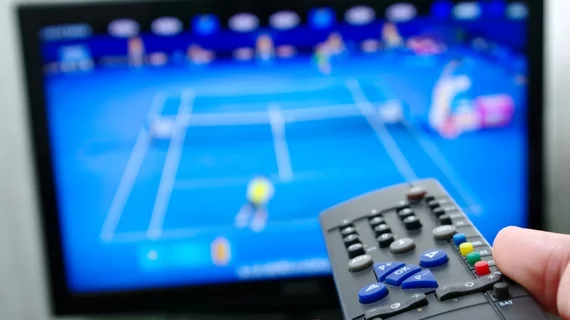Mount Sinai partners with Discovery in digital series featuring AI in healthcare
Mount Sinai Health System, a New York-based hospital network, is working on a series of digital news segments with Discovery’s Science Channel to reveal innovations in science and medicine, including AI.
The segments, which will be shown on the Science Channel beginning in June, will feature research and researchers at Mount Sinai who are focused on developing solutions to diagnose and treat various medical challenges, including spinal cord injuries, brain injuries, and opioid addiction.
The series will include six segments:
- A digital spinal cord, featuring neurointerventionalist and global expert in bionics Thomas Oxley, MD, PhD, who invented a microscopic device that is implanted in the brain and can control an exoskeleton to help paralyzed people turn their thoughts into actions.
- Diagnosing brain injuries, which looks at methods of diagnosing and treating chronic traumatic encephalopathy, or CTE, which has grabbed headlines as a detrimental brain disease experienced by athletes and veterans, particularly NFL players.
- The doctor’s office of the future segment will look at a high-tech pop-up called Lab100 that is combining AI, robotics, genome sequencing, sensors and wearable devices to revolutionize patient care with individualized experiences.
- Rehab for spinal cord injuries delves into the operations of Mount Sinai Performance Lab where people recovering from brain and spinal cord injuries can use their faces to control computers and video games.
- Using CBD to cure opioid addiction is a means to tackle the opioid abuse epidemic, which kills 115 Americans every day. Mount Sinai is investigating how cannabinoids can reduce cravings and ease withdrawal symptoms in heroin users.
- An app for depression from Mount Sinai presents the first digital therapeutic treatment for depression about to hit the market. The app presents like a game, but actually uses sophisticated systems to build a detailed understanding of a person’s brain structure.

